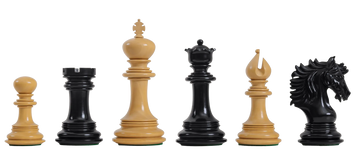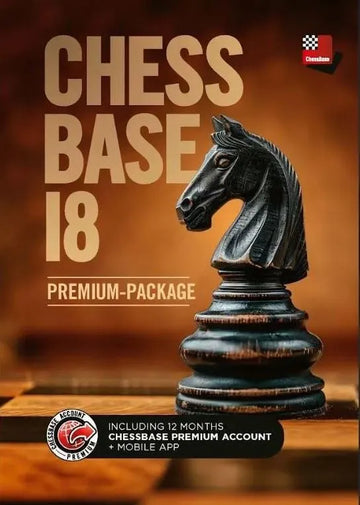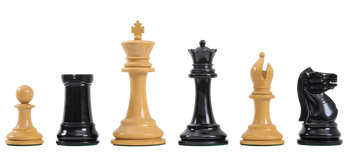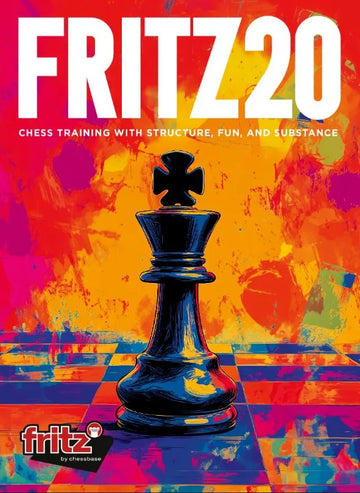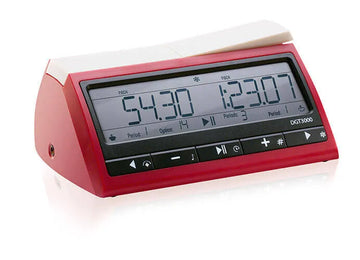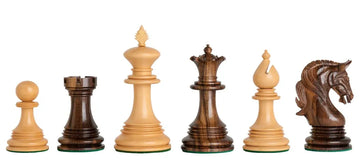Learn to Spot a Chess Cheat
Chess cheating has been around for centuries, with players receiving moves from accomplices through complicated systems. The rise of chess engines and online chess has made it extremely common and difficult to detect.
So, how do you identify these unscrupulous chess cheats? In this article, we will cover red flags in online and in-person games, how to report fair play violations, and how to deal with playing against a cheater.

How Do People Cheat at Chess?
Cheating in chess means relying on anything other than your own brain to make moves. Today, this almost always means using a chess engine to find the best moves. Chess engines are an incredible innovation that can accurately calculate the best moves in any chess position. Access to these programs makes it exceptionally easy to cheat. Even at the highest level of the game, fair play is a major concern.
Naturally, this is even easier for online players. They can simply open a chess engine in one browser or application and play the game in another. In over-the-board tournaments, chess cheats have to get creative. This may mean sneaking devices into the bathrooms or having someone signal them from the audience.
In both cases, prevention techniques are in place, but they aren’t perfect. So, how do you spot a cheat in a chess game?
Signs Your Opponent May Be Cheating
People find ways to cheat in all kinds of chess games and matches. The good news is that using chess engines can almost always be identified if you know what to look for.
Let’s explore how you can spot chess cheats in online and over-the-board games.
Signs Online and Over-the-Board
Here are some tell-tale signs that you can identify no matter where or how the game is played. Mostly, they are to do with the kind of moves your opponent makes.
Moves That Are Counter-Intuitive and Successful
Chess engines make moves that humans never would. Occasionally, they might come to nervousness, a lack of knowledge of chess rules, or chess blindness. However, players who consistently make strange, counterintuitive moves that end up working well for them may well be cheating.
High Accuracy
Look out for players who are not super grandmasters, but play like them. Accuracy refers to how well a player makes moves that correspond to the computer’s analysis of the best moves. If you analyze a game after it is over and find your opponent played with over 95% accuracy, there may be something amiss.
Major Inconsistency in Play Quality
If players often make a genius move followed by a bad one, they may be using an engine in only some positions. This is one way players try to disguise cheating. While someone might make a few great moves and a few bad ones, they are unlikely to continually go back and forth between the two.
This kind of irregular move quality may also indicate that a player in an over-the-board match is only able to receive some engine moves. For example, if they are being signalled in such a way that there is room for error.
Over-the-Board
Cheating in an over-the-board game is much more complicated than cheating online. However, the stakes are also higher with many in-person tournaments offering significant prize money.
Most commonly, cheating over the board involves being fed engine moves through a pre-arranged system. This may mean hiding a device in the bathroom, or a more complex arrangement.
Some systems require that games are live broadcasted online. They work by having one accomplice feed the moves into the engine and communicate the best move to a second accomplice in the audience. The second accomplice gives the moves to the player through a pre-arranged signal.
Over-the-board cheating can be sophisticated and difficult to identify. Here are some of the main ways players spot chess cheats during tournaments.

Leaving the Board in Certain Situations
Leaving the board to walk around, go to the bathroom, or stretch your legs is completely acceptable in most chess tournaments. So, accusing anyone who takes a brief break from the chessboard of cheating is not a great idea.
However, combined with our signs and in specific situations, it can be a good indicator. One of the ways chess players cheat is by hiding devices in the bathroom. If a player leaves a chessboard, especially while their clock is running, and comes back with a brilliant move, this may be a warning sign. If they do it several times and there are other indicators, it may be worth notifying an arbiter after or even during the game.
Behaving Strangely
Chess matches can be stressful, and players may experience nervousness, hyperfocus, or fatigue. This can lead to some odd behavior. As such, it is again not wise to call cheating just because a player is acting unusually.
Nevertheless, behavioral signs, when combined with other suspicious factors, are something to look out for. Is the player spending a lot of time on common-sense moves? Or very little time in complex positions? Is their attention focused away from the game? Do they consistently scan the audience or look at a specific spot?
Alongside game analysis, these signs may warrant a cheating investigation.
Related: How to Prepare Your Kid for a Chess Tournament
Just Online
Unfortunately, it is much easier to cheat online. All a cheater needs to do is open a chess engine on a second device or application, and they can easily play the best engine move every time. However, chess platforms have measures in place that automatically flag suspicious accounts and rely on reports from other users.
Moves at Regular Intervals
One thing you may notice during the game is that your opponent is making moves at regular intervals no matter the stage of the game or complexity of the position. This will likely be around 5 or 6 seconds. This is roughly the average amount of time it might take to put the position into an engine, generate the best move, and then play the move.
Irregular Play
We saw early that players using a chess engine may play the counter-intuitive “unhuman” moves played by computers. Additionally, online chess cheaters will often vary their computer moves with their own. For example, they may make purposefully bad moves in the opening, even losing significant material, and then start using the engine. This, and other forms of irregular play, are a good indicator of cheating.
Chess Games Reflect the Engine Moves
The most obvious sign that you can check after a suspicious game is that your opponent made all the top engine moves. This is almost impossible, especially in lower rating ranges.
Suspicious Profiles
It can be hard to tell if someone is cheating from a single move. Analyzing their profile can give you a better sense of whether they are regularly cheating. Signs to look for include:
- Consistently high accuracy
- New account with steep rating climbs
- Extremely High win rates (averages are close to 50%)
- Sudden rating increases
How to Report A Chess Cheater
If you have noticed the warning signs and are confident that your opponent cheated during a chess game, the next step is to report them. In the hands of tournament organizers, games and matches can be closely analyzed using advanced anti-cheating software.

Online Platforms
All major online chess platforms, like Lichess and Chess.com, have a way to report cheaters. You may be asked to provide reasoning for why you suspect cheating and be given the option to block the player. Following your report, the platform will run a check on the player’s profile to see if they can determine whether they have violated any fair play guidelines. If they are a confirmed chess cheat, their account will be banned. If they are found to have committed more minor fair play infractions, they may receive a warning.
In-Person Tournaments
Reporting cheating at in-person tournaments can be a little more complicated. There are various forms of fair play violations that can affect a game. If the issue needs immediate attention, you can inform an arbiter during a game. They will attempt to resolve the issue and gather evidence. If you suspect cheating, you will have to give your evidence.
Often, this cannot be resolved during a game, and it will be looked into afterwards. Governing chess bodies like FIDE look into cheating thoroughly. Many have forms that can be submitted after the game, allowing you to voice your suspicions and provide any evidence.
Conclusion: How to Deal With Chess Cheaters
Chess can already be a challenging and frustrating game, and chess cheats only make it worse. Beyond using the above tips to identify and report cheaters, what is the best way to deal with them?
My advice is to focus on your chess and work on dealing with psychological pressure. While you may not win a game against a chess cheater, you will at least have an interesting game! Not only that, but in trying to disguise their cheating, some will make purposeful mistakes and bad moves that may even allow you to win.

